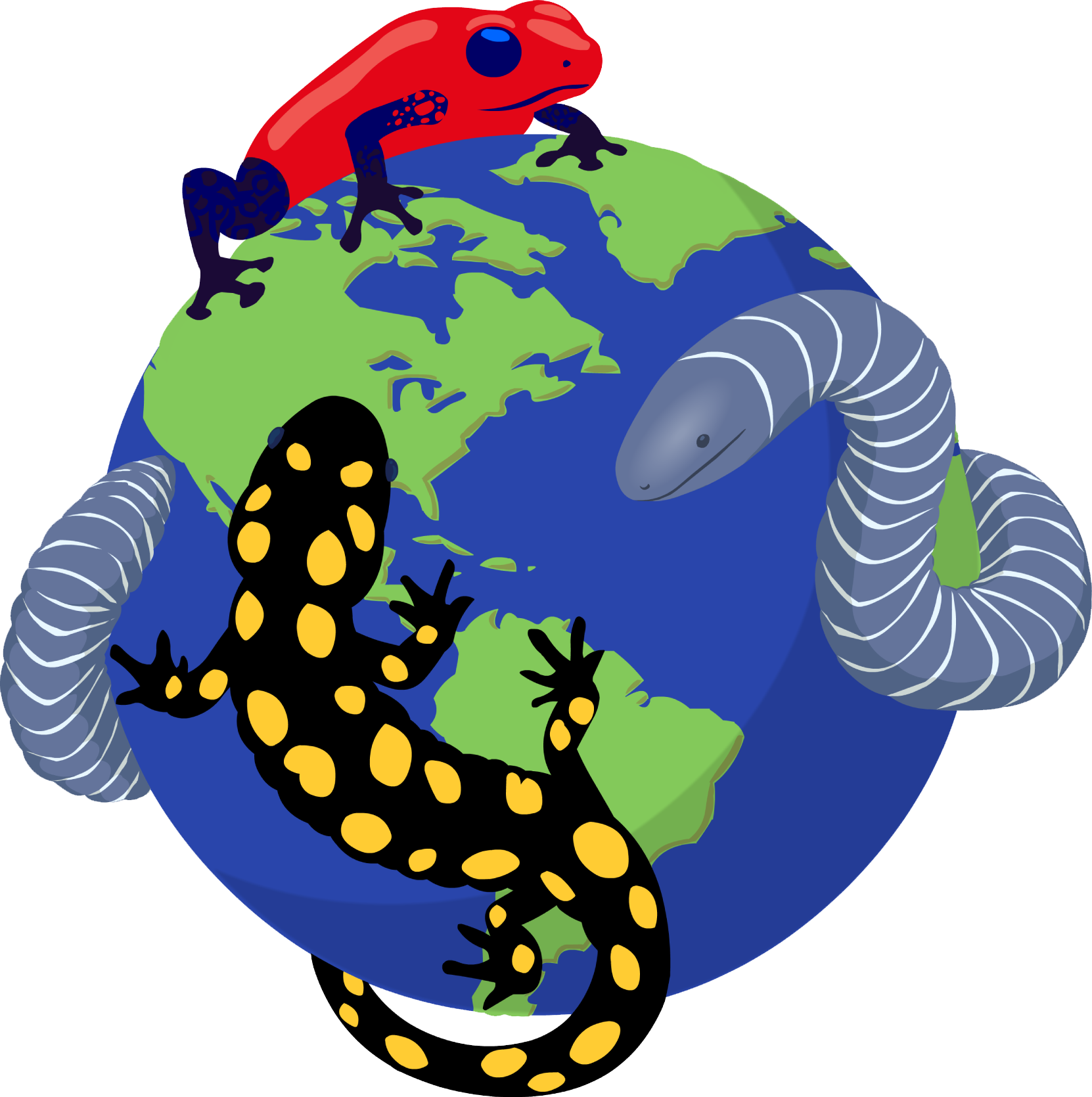|
Description
This small centrolenid frog has an SVL range from 18.1 to 18.3mm for males; females unknown. Characteristics are (1) head wider than long, wider than body; (2) vomerine teeth lacking; (3) snout short, truncate dorsally, rounded laterally; nostrils raised causing concave internarial area and concave loreal region; (4) lips gently flared; (5) eyes large, diameter larger than finger III disc width; interorbital area wider than eye diameter; (6) tympanic annulus evident, positioned dorsolaterally, inclined posteriorly; weak supratympanic fold; (7) dorsal skin delicately shagreened, lacking any elevated ornamentations; (8) completely transparent parietal peritoneum; white pigmented visceral peritonea; (9) liver bulbous; (10) ventral surfaces grainy; (11) humeral spine lacking in adult males; (12) webbing present between fingers and toes; basal webbing between fingers I, II; (13) finger I longer than finger II; (14) ulnar fold and inner tarsal fold present; (15) unpigmented nuptial excrescences present; prepollex concealed; (16) finger discs wide with Finger III disc slightly larger than toe discs; toe discs bluntly truncated except for toe I, which has an oval disc ending in a distinct globular point (17) bulla lacking; (18) subanal area ornamented with two enlarged flattened tubercles; (19) bones green; (20) males with paired vocal slits.
Coloration in life: all dorsal surfaces blue-green; upper lip white; throat green; ventral surfaces clear; visceral peritonea shrouded by guanophores; sides creamy yellow; finger IV, toe IV, toe V covered by numerous melanophores; iris gray, pupil black with yellow pupillary ring. Distribution and Habitat
Country distribution from AmphibiaWeb's database: Ecuador, Peru
The species has only been found on the central Amazonian Andean slopes of Pastaza province of Ecuador, at 600m asl. The holotype and paratype were both collected in a primary forest, on leaves overhanging a stream connected to the Oglán River.Life History, Abundance, Activity, and Special Behaviors
Both males were found perched on Heliconia leaves about 0.8 m above ground and overhanging the water. The frogs were calling from the upper surface of the leaves.
The paratype (a male) was found next to a single-layer egg clutch left on leaf upper surface. Comments
The specific name alludes to Amelie, a character in the movie "Le Fabuleux Destin d'Amélie Poulain." The authors wished to show that as in the movie where little details play an important role in the "joy of living," amphibians and reptiles may be small but play an important role in the health of our planet.
References
Cisneros-Heredia, D.F., and Meza-Ramos, P. (2007). ''An enigmatic new species of glassfrog (Amphibia: Anura: Centrolenidae) from the Amazonian Andean slopes of Ecuador.'' Zootaxa, 1485, 33-41.
Originally submitted by: Xi Zhai (first posted 2008-10-17)
Edited by: Keith Lui (2009-06-24)Species Account Citation: AmphibiaWeb 2009 Teratohyla amelie: Amelie’s Glassfrog <https://amphibiaweb.org/species/6926> University of California, Berkeley, CA, USA. Accessed Jun 1, 2025.
Feedback or comments about this page.
Citation: AmphibiaWeb. 2025. <https://amphibiaweb.org> University of California, Berkeley, CA, USA. Accessed 1 Jun 2025.
AmphibiaWeb's policy on data use.
|


 Map of Life
Map of Life